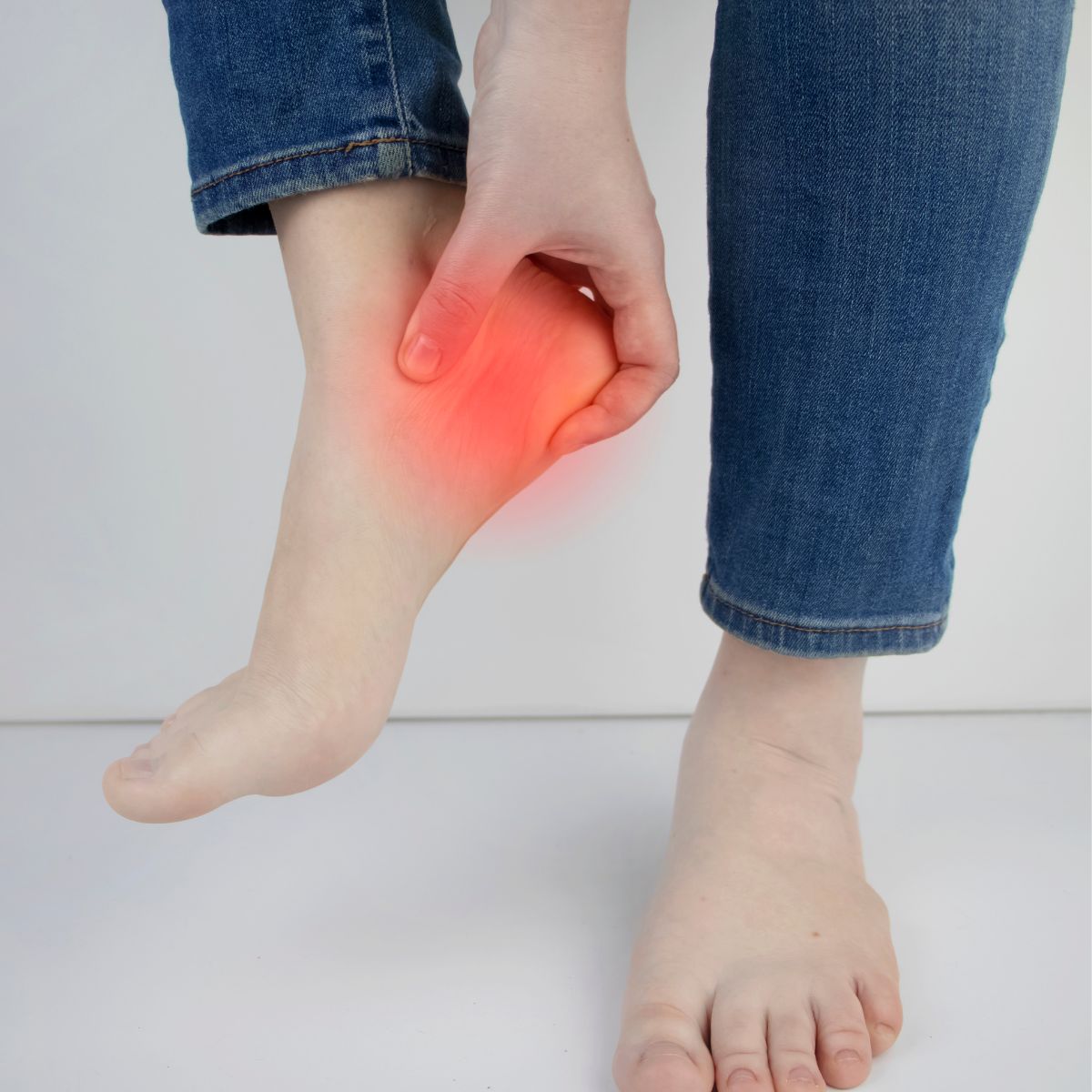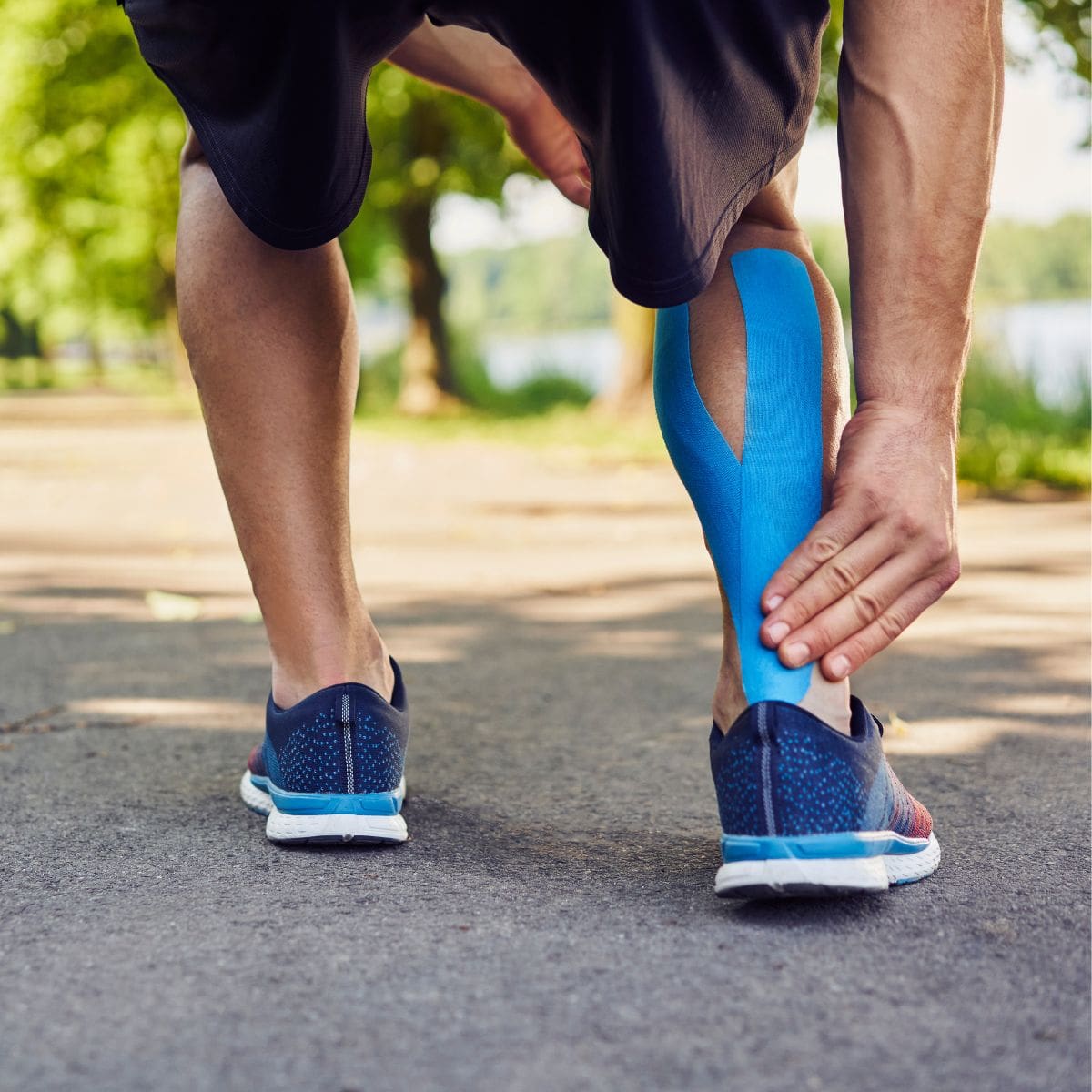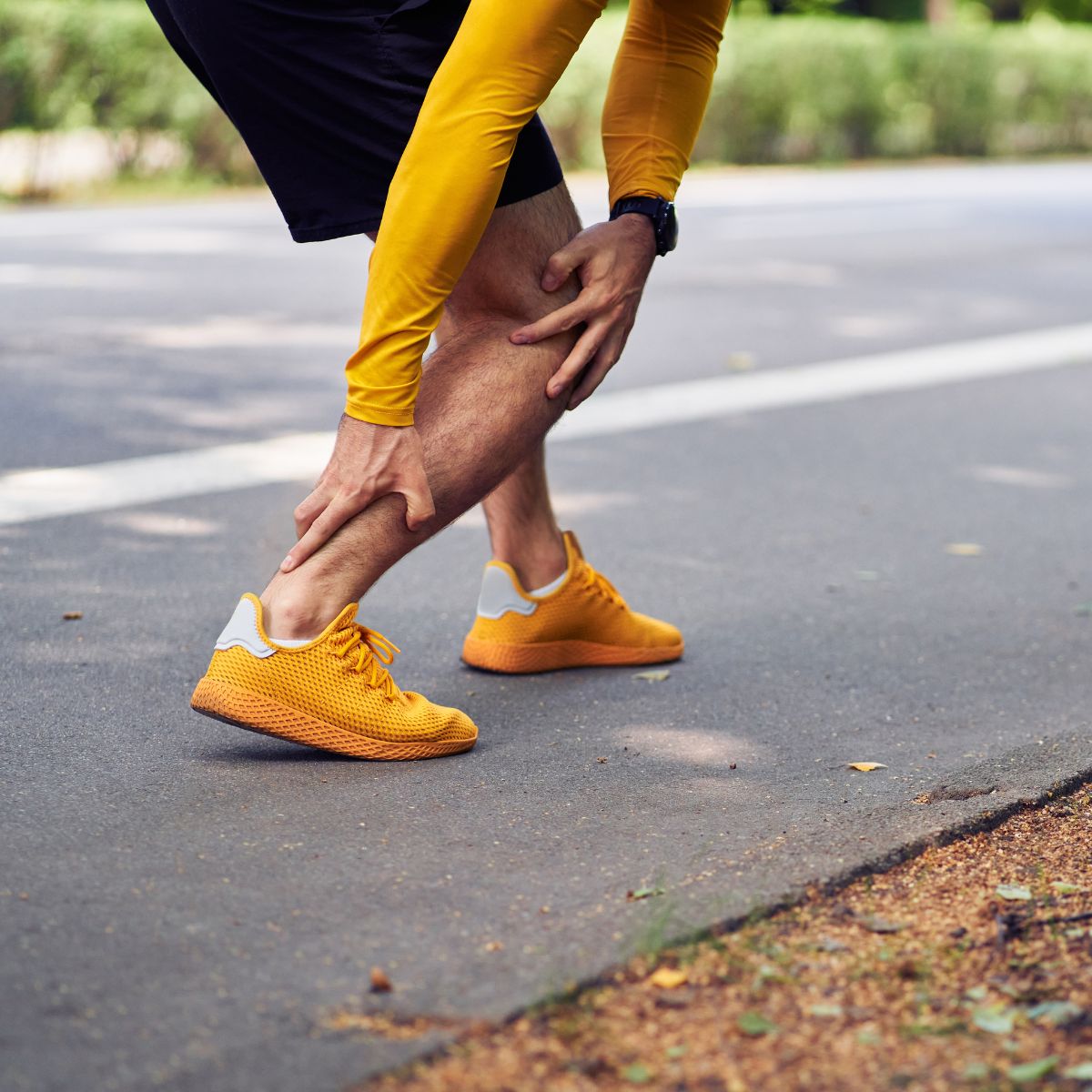Tingling around the heel can be an uncomfortable sensation that can interfere with your daily activities.
It can be caused by a variety of conditions, ranging from minor injuries to underlying medical conditions. Getting a proper diagnosis is essential to determine the appropriate treatment plan for your specific situation.
In this article, we will explore the most common causes of tingling in the heel area and discuss possible treatment options to help you find relief.
Key Takeaways
- Tingling around the heel can be caused by various factors, including nerve compression, vitamin deficiencies, infections, and lifestyle choices.
- Treatment options for tingling in the heels include wearing supportive footwear, engaging in stretching and strengthening exercises, considering massage therapy, and making lifestyle changes.
- Certain medical conditions, such as peripheral neuropathy or nerve entrapment, may require medical intervention and specialized treatments.
Common Causes of Tingling Around Your Heel
When you experience tingling or numbness around your Achilles tendon, it is often attributed to irritation or injury to the nearby nerves.
Several factors can contribute to this sensation, including overstretch injuries, direct impact, and tight muscles and structures higher up in the leg.
Vitamin deficiencies

Tingling around the heel is often associated with a deficiency in vitamin B12.
This essential vitamin is crucial for maintaining the health of our nervous system, including the peripheral nerves that transmit signals from the brain to other parts of the body. When we lack sufficient vitamin B12, the protective covering of these nerves can become damaged, leading to tingling sensations and even numbness.
Additionally, vitamin B12 deficiency can also cause fatigue, weakness, and poor memory, further highlighting the importance of maintaining proper levels of this crucial nutrient.
Infections
Infections can manifest in various ways, and one peculiar symptom that often goes unnoticed is a tingling sensation around the heel.
While it may seem like a minor issue, it is crucial to pay attention to any abnormal sensations or discomfort in our bodies. One common infection that causes tingling around the heel is athlete's foot. This fungal infection thrives in warm and moist environments, making the feet a prime target.
Aside from athlete's foot, other infections that can cause tingling include cellulitis.
Alcohol use disorder and alcoholic neuropathy
Excessive alcohol consumption can damage nerves, leading to a condition known as alcoholic neuropathy.
This can result in tingling or numbness in the feet. If you have concerns about your alcohol consumption and its potential impact on your overall health, take initiatives to quit.
Pregnancy
From morning sickness to fatigue, expectant mothers often experience a range of physical sensations throughout their pregnancy.
One common sensation that some women may notice is tingling around the heel. This sensation, known as plantar fasciitis, occurs when the ligament that supports the arch of the foot becomes strained or inflamed.
Pregnancy, with its weight gain and hormonal changes, can put additional stress on the feet, leading to discomfort and tingling sensations in the heels. Pregnancy can lead to various changes in the body, including increased blood volume and pressure on the nerves.
Poor shoe choices

Wearing shoes that do not fit properly or provide adequate support can lead to foot discomfort and tingling sensations.
Ill-fitting shoes can compress nerves or cause undue pressure on certain areas of the feet. Invest in well-fitting, supportive footwear to minimize the risk of tingling and promote foot health.
Remember, understanding the common causes of tingling around the Achilles tendon can help you take proactive steps towards alleviating the sensation and promoting overall foot health.
How to Alleviate Tingling Around Your Heel
Tingling around the heel is not only uncomfortable, but it can also be a sign of underlying health issues that need to be addressed.
Thankfully, there are treatment methods available that can help alleviate this sensation and promote overall foot health. Some of them include:
Wearing shoes with heel lifts
Tingling around the heel can be caused by a variety of factors, such as nerve compression, poor circulation, or even wearing ill-fitting shoes.
But did you know that wearing shoes with heel lifts can help alleviate this tingling sensation?
Heel lifts, also known as shoe inserts or insoles, are specifically designed to provide cushioning and support to the heel area. They work by elevating the heel, which can help redistribute pressure on the foot and improve overall foot alignment. This can relieve the stress on the nerves in the heel area, reducing the tingling sensation.
When choosing shoes with heel lifts, it's important to opt for ones that are comfortable and provide adequate support. Look for shoes with cushioned insoles and a snug fit to ensure maximum benefit. Additionally, consider shoes with good arch support to further enhance foot alignment and reduce pressure on the heels.
Massage therapy

Massage therapy can be an effective and natural treatment for this issue.
It works by targeting the muscles, tendons, and ligaments in the feet and lower legs, which can alleviate tension and improve circulation.
When it comes to tingling around the heels, this can be particularly beneficial as it helps to relax and release any tightness or pressure that may be contributing to the tingling sensation. Massage guns and leg massagers have proven to be an effective massage tool to stop your heels from tingling.
A soothing leg massager device like the Fusion Air-C pro can help alleviate tingling around the heels by improving circulation and relieving muscle tension, promoting relaxation and reducing the pressure on the nerves. A massage gun also does the same with both offering effective ways to address tingling around the heels, providing the benefits of an enhanced overall foot health.
Physical therapy
One common issue that many individuals seek physical therapy for is tingling around the heel.
Physical therapists create personalized treatment plans that address the root cause of the tingling sensation. This may involve a combination of manual therapy, stretching exercises, strength training, and gait training.
Manual therapy techniques, like massage or joint mobilizations, aim to reduce inflammation and improve blood flow to the affected area, while stretching exercises help increase flexibility and decrease tension in the muscles and fascia around the heel.
Stretching and strengthening exercises

One effective treatment method is stretching and strengthening exercises.
By performing specific stretches that target the muscles around the heel, you can relieve tension and improve blood circulation in the area. What's more, strengthening exercises can help stabilize the foot, reducing the likelihood of tingling sensations. dd
Lifestyle changes
Lifestyle changes can play a vital role in treating tingling around the heel.
Maintaining a healthy weight, eating a balanced diet, and avoiding prolonged periods of standing or walking can all contribute to reducing the symptoms.
Additionally, practicing good foot hygiene, such as keeping the feet clean and dry, can help prevent conditions like athlete's foot or fungal infections that can exacerbate tingling sensations.
If you are experiencing tingling around the heel, it is essential to explore various treatment methods to find relief and address any underlying issues. From stretching exercises to footwear modifications and lifestyle changes, these multiple approaches can improve your foot health and reduce discomfort.
Frequently Asked Questions
If you are someone who frequently experiences this tingling sensation, you may have questions about what causes it and how to alleviate the discomfort.
Here are some to help you out:
How can I tell I'm experiencing tingling in my heel?
Pay attention to the location of the sensation.
Tingling around the heel usually occurs on the back or bottom of the foot, specifically in the area where the Achilles tendon connects to the heel bone.
If you're experiencing this tingling sensation in that specific region, it's likely related to your heel.
When should I seek medical attention for tingling around my heels?
Tingling sensations around the heels can sometimes be dismissed as a temporary discomfort, but they can also be indicative of a more serious underlying issue.
Seeking medical attention is crucial if the tingling spreads from the heel to other parts of the foot or leg, as it could indicate a more systemic issue. Other concerning symptoms include numbness, weakness, loss of balance, or if the tingling is accompanied by pain or swelling.
These could be signs of nerve damage, circulation problems, or even a serious condition like diabetes or a spinal disorder.
Can tingling around my heels be a symptom of a serious condition?
In some cases, tingling around the heels can be a symptom of a serious medical condition that requires attention.
One potential cause of tingling around the heels is peripheral neuropathy, a condition that affects the nerves in the extremities. This condition can result from various underlying causes such as diabetes, vitamin deficiencies, or nerve compression.
Tingling sensations may be accompanied by other symptoms like numbness, burning, or weakness in the legs and feet.
Another possible cause of tingling around the heels is nerve entrapment, specifically the tarsal tunnel syndrome. This condition occurs when the tibial nerve becomes compressed or irritated as it passes through a narrow tunnel behind the inner ankle bone.
Conclusion
Tingling around the heel can have various causes, ranging from nerve irritation to chronic conditions and lifestyle factors.
It is essential to seek professional help to determine the specific cause and develop an appropriate treatment plan. Whether it involves physiotherapy, medical interventions, lifestyle modifications, or addressing underlying conditions, taking proactive steps can effectively alleviate tingling in the heel and promote overall foot health.
Prioritize your overall well-being with our top of the line massage guns and give your heels the attention they deserve.




